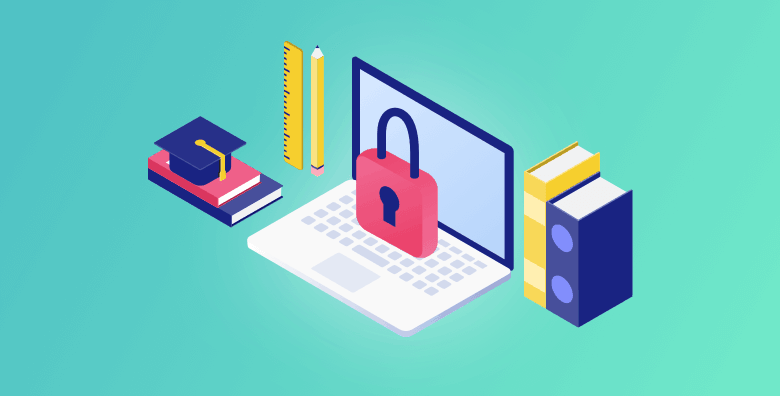Schools have spent lots of money trying to introduce technology like computers and ipads to classrooms. They did this because they wanted to expand ways of learning for students. Schools need to restrict some websites, but are the filters too restrictive?
It is arguable that filters for school are too restrictive. Many students use the internet for schoolwork, but also to play games and do non-school related things. Studies have shown that about 90% of students admit to using their technology for non-school-related things, while about only 8% said that they don’t. The majority of students are using their phones in school, for things other than schoolwork.
Students also use their phones during class time. Around 94% of students, according to campustechnology.com, use their phones during class, when they’re supposed to be working on assignments. Many of these students are scrolling through social media or playing games that are not restricted to their school accounts or devices. Many schools have technology like Ipads and Chromebooks in the classrooms during school hours, that the children are not able to take home. Schools also have the kids make school accounts for their own devices so that kids can work while not using school-provided devices. But are these kids really using their time to do school work? According to this study, the majority are not.
Are kids using this technology to do non-school-related activities? Yes, they are. But that doesn’t mean that they are not beneficial at all. Technology in classrooms is a great way for students to explore new ways to study and learn. Like playing school-related games and taking online quizzes, which help students study, resulting in better scores on tests. Another positive aspect of web filters is that it prevents students from using chatting websites, where they can talk to other kids. This helps prevent students from meeting dangerous people or getting bullied online.
School restrictions are everywhere. Some videos on sites like Youtube are blocked. Games even school-related are blocked because of the website it is on. Most non-school-related games are blocked on school-provided computers or kids’ school accounts. Many students are also taking classes that involve things like researching video games or photoshop, etc. All of those things are blocked on school websites. According to an article in the New York Times, a student said that he was doing a project for a class when the website he needed was restricted. The student says, “Just recently I was doing a project on Super Smash Bros. and its history for web design. I could not even get to the REAL website which gives information from the creator and what will happen next with the game. For this, I had to change my topic to something I was not really wanting to learn more on.” This is all to help prevent students from getting distracted during class time and to help them stay away from inappropriate things, but it clearly is not working, and instead redistricting and holding back students.
To solve the problem of students using their phones during school would be to keep the restrictions on the devices, and even make them more restrictive. One problem these restrictions are creating is the fact that some school-related games are being blocked by the school. Students use games as a fun way to study, leading to more students wanting to study, resulting in better grades. But if some are blocked or not allowed during school hours, how can the students learn?
I think that school filters are not too harsh or restrictive because it prevents kids from seeing content that should not be seen by students. It also may help prevent the use of phones and devices during class if the students’ websites that they want to use are not available on their school account. But I also think that some websites that are restricted should not be restricted, because they are harmless games that the students want to play for fun. Overall, the restrictions are not too bad but can be loosened up a little bit.
Restrictions on websites can be beneficial, it helps students stay away from dangerous or inappropriate things. It also helps try to prevent students from using their phones or school given computers for things other than schoolwork. But, on the other hand, these restrictions can also be holding back students, and preventing them from playing study games, and having harmless fun when they are done with their schoolwork. It also prevented certain topics from being searched, that students might need for assignments. Restrictions on school devices are needed and necessary, but they can also be too harsh and too protective. Students need certain websites or are using them for harmless things. Even though some useful websites for things that are not appropriate for school, restrictions can and should be looser on other websites and just in general.
